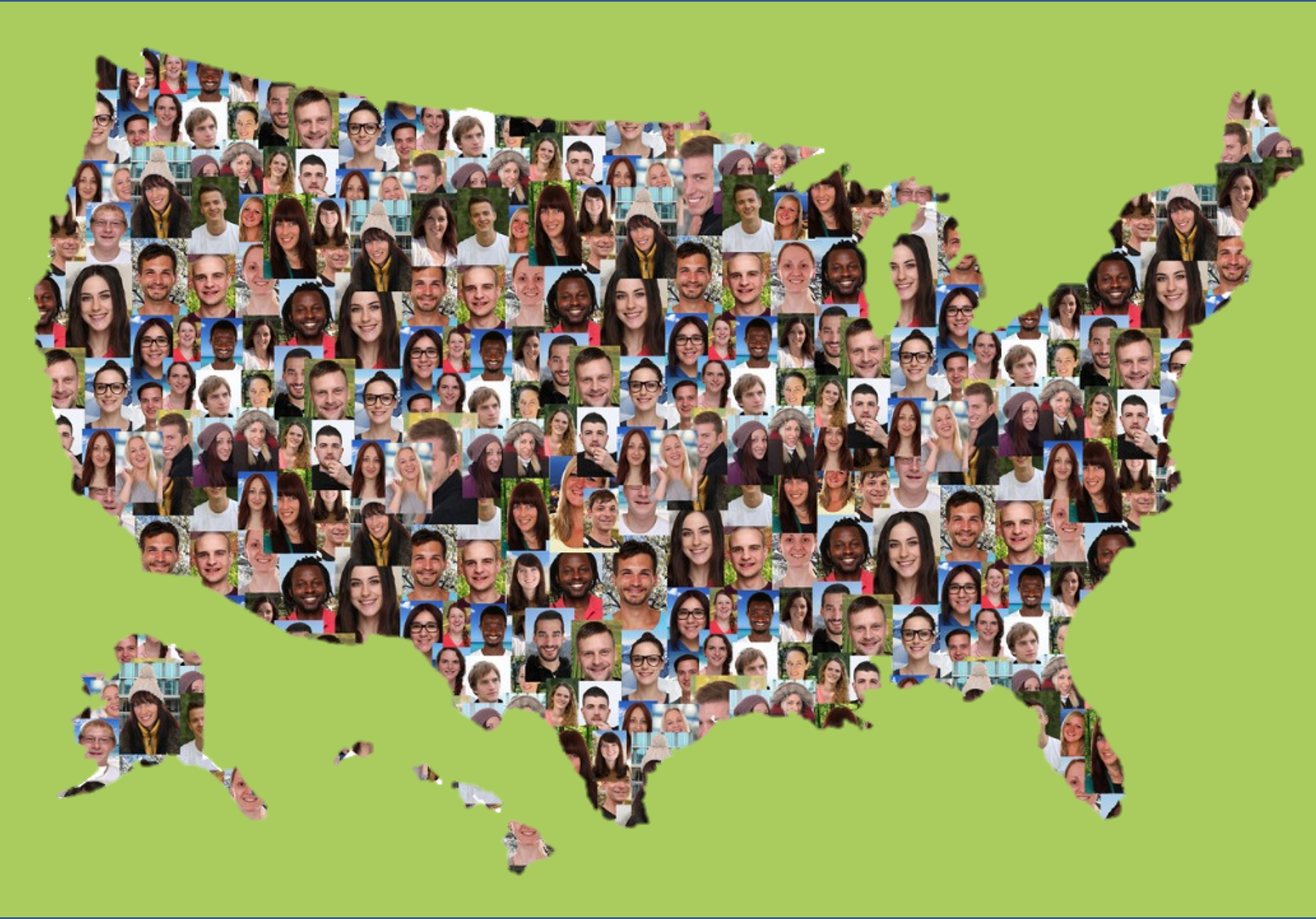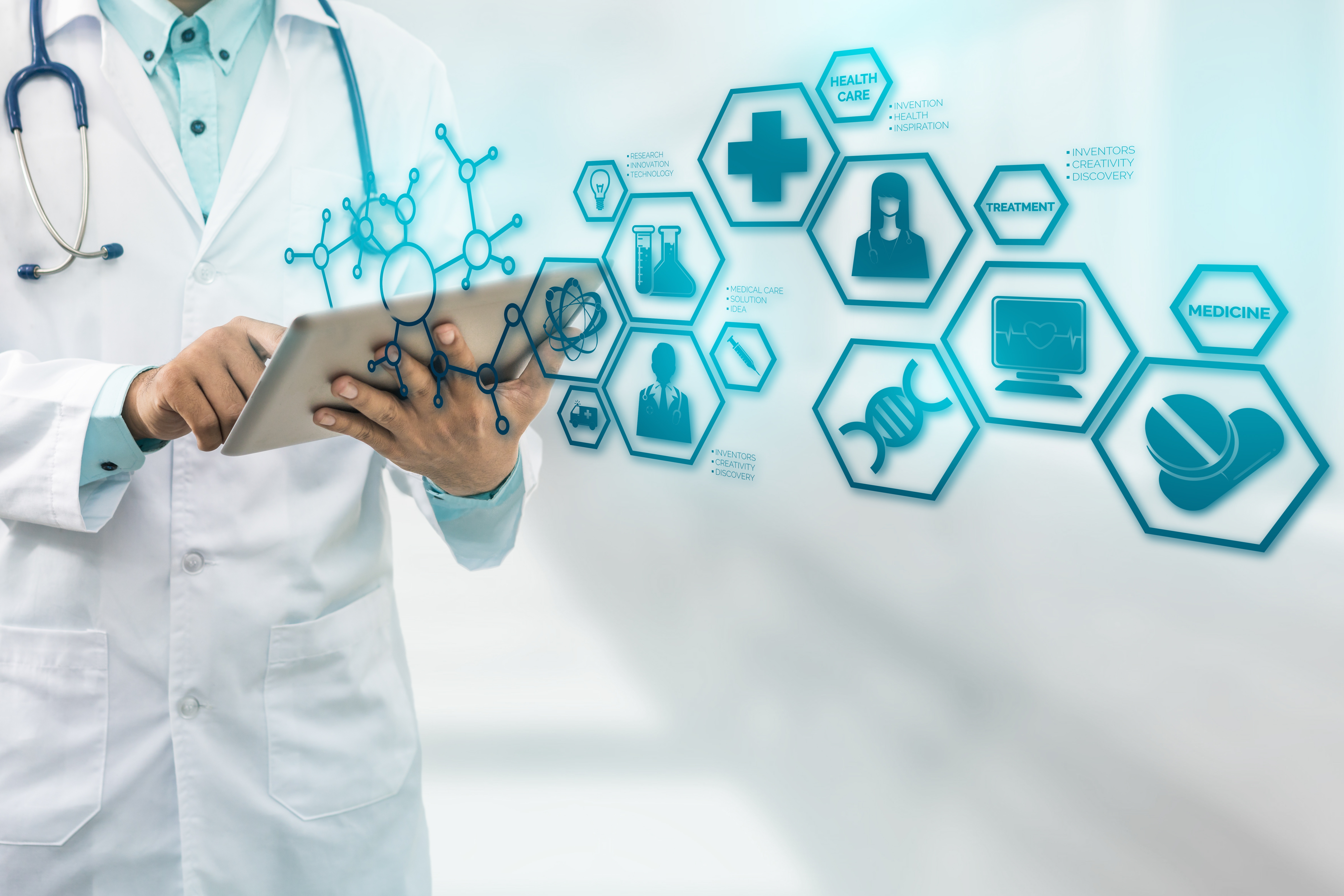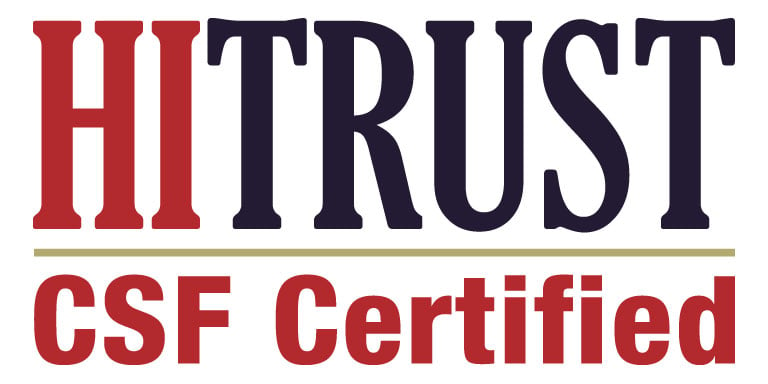Some experts estimate that between 60 to 80 percent of a person’s health condition is influenced by social factors, far outpacing the impact of direct clinical care¹.
Nutrition, housing, transportation, literacy and education, safety, language and social support are social determinants of health (SDOH) and are key drivers of health outcomes.
The World Health Organization defines SDOH as “the conditions in which people are born, grow, work, live, and age, and the wider set of forces and systems shaping the conditions of daily life.”²
Leaders across healthcare are recognizing the power of...
We asked industry thought leaders from across the healthcare ecosystem to weigh in on their predictions, hopes and ruminations for the year ahead.
From cancer therapy to data sharing to patient apps to affordability, we share some of 2019's most thoughtful predictions.
Here's what healthcare's thought leaders are saying.
There’s been much talk about the unprecedented volume of healthcare data now available (and if you read our blog you know we have covered it as well). So how do we share this data effectively, so we can provide better care and treatment for patients? For starters, we need more robust Health Information Exchanges (HIEs) and a better integrated data flow.
That’s the clear message coming from the Interoperability, Health Information Exchange and Advocacy Day hosted by the New England chapter of Health Information and Management Systems Society (HIMSS) that I recently attended. The all-day...
Do you fasten your Fitbit, smartwatch or other wearable device onto your wrist every morning and diligently track the number of steps taken or miles biked throughout the day? Perhaps you use an app on your smartphone to analyze your sleep patterns or as a reminder to take a vitamin or a medication. If you’re not using technology to track these activities, chances are you know someone who is.
According to eMarketer’s latest projection, over 50 million Americans are wearing some type of device that captures health information at least once a month. That represents almost one out of every five...
The Orphan Drug Act of 1983 defined a rare disease as one that affects less than 200,000 people. According to the NIH National Center for Advancing Translational Sciences, there are now 7,000 such diseases afflicting between 25-30 million people in the U. S. and an estimated 350 million worldwide.
Finding therapies for rare diseases not only helps those affected, but according to studies from the NIH Undiagnosed Diseases Program, new discoveries made from studying these diseases can also provide insights into more common conditions.
At Alexion, we are interested in understanding the rare...
“AI is your rocket ship and data is the fuel."
Michael Dell said this to customers and partners at his annual conference, but the message will be one of the key takeaways for the 16,000 attendees expected at the 2018 BIO International Convention to be held in Boston next week. More than 5,000 companies from 70 different countries will be represented at the gathering that brings together biotechnology and pharma leaders for a week of intensive networking to discover new opportunities and promising partnerships. Discussions cover a wide spectrum of life science and application areas including...
The efforts to generate and gather healthcare data have paid off. Approximately 61% of Americans are using wearable devices to track their health1, nearly 87% of doctors use electronic health record (EHR) systems in their offices2, and as of May 2018, there are more than 96 thousand clinical trial sites in the US generating clinical data3. These millions of data points mean that as much as 30% of the entire world’s stored data is generated in the healthcare industry4. Due to this abundance, we are on the precipice of making precision medicine a reality by better understanding disease and...
In the 1960s, physicists were trying to figure out what makes particles, such as atoms, electrons, and quarks, have mass. To answer this question, they examined existing known systems and developed complicated mathematical equations to explain and connect them, eventually coming up with something called the Higgs Field. Almost 40 years later, the Higgs Boson particle was proved to exist and is now an essential part of the particle physics model.
The growth of “big data” has revealed one undeniable truth: the more data available, the better the insights and the more that you can learn. That is certainly the case in the healthcare industry where biopharma, health plans and providers are generating, consuming and collecting more data than ever before.
Traditional data sources like electronic health system records (EHR), claims, and labs spurred a wave of population health efforts in the early 2000's. These programs promised to reduce costs and improve outcomes for patients, but were based on models of care for a hypothetical average...
By Patrick Getzen, Chief Data and Analytics Officer of Blue Cross and Blue Shield of North Carolina
Clashes between the traditional and the novel are as old as time itself. Change is rarely welcomed, so anything new that comes along often faces a rough road to acceptance. However, that is not the case when it comes to the types of data that are now becoming available in the world of healthcare. The merging of new and traditional healthcare data promises to lead to a new era of discovery and offers significant benefits for patients, providers and payers.

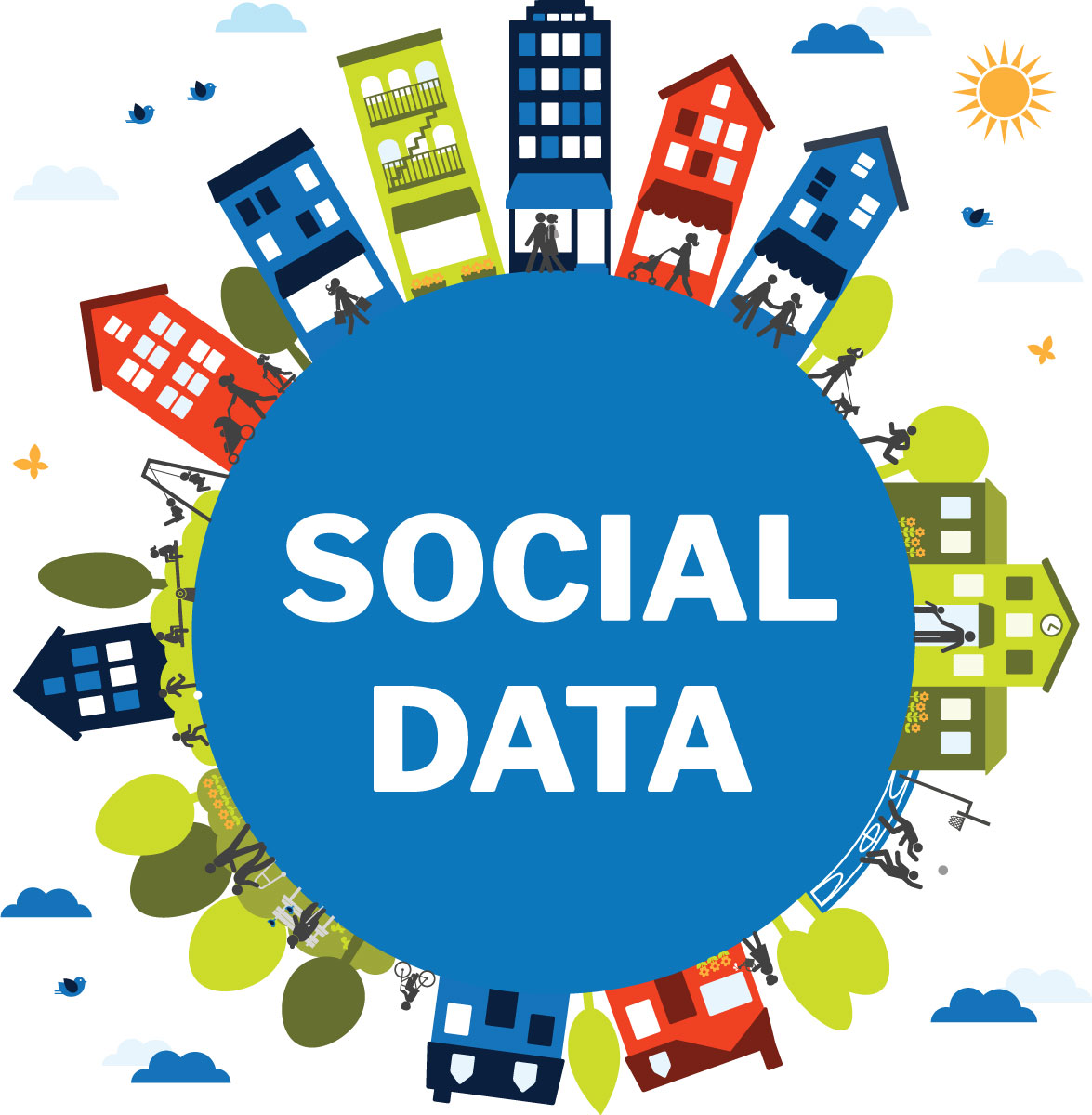
![2019 blog blue[3]-1](https://info.aitiabio.com/hubfs/2019%20blog%20blue%5B3%5D-1.jpg)
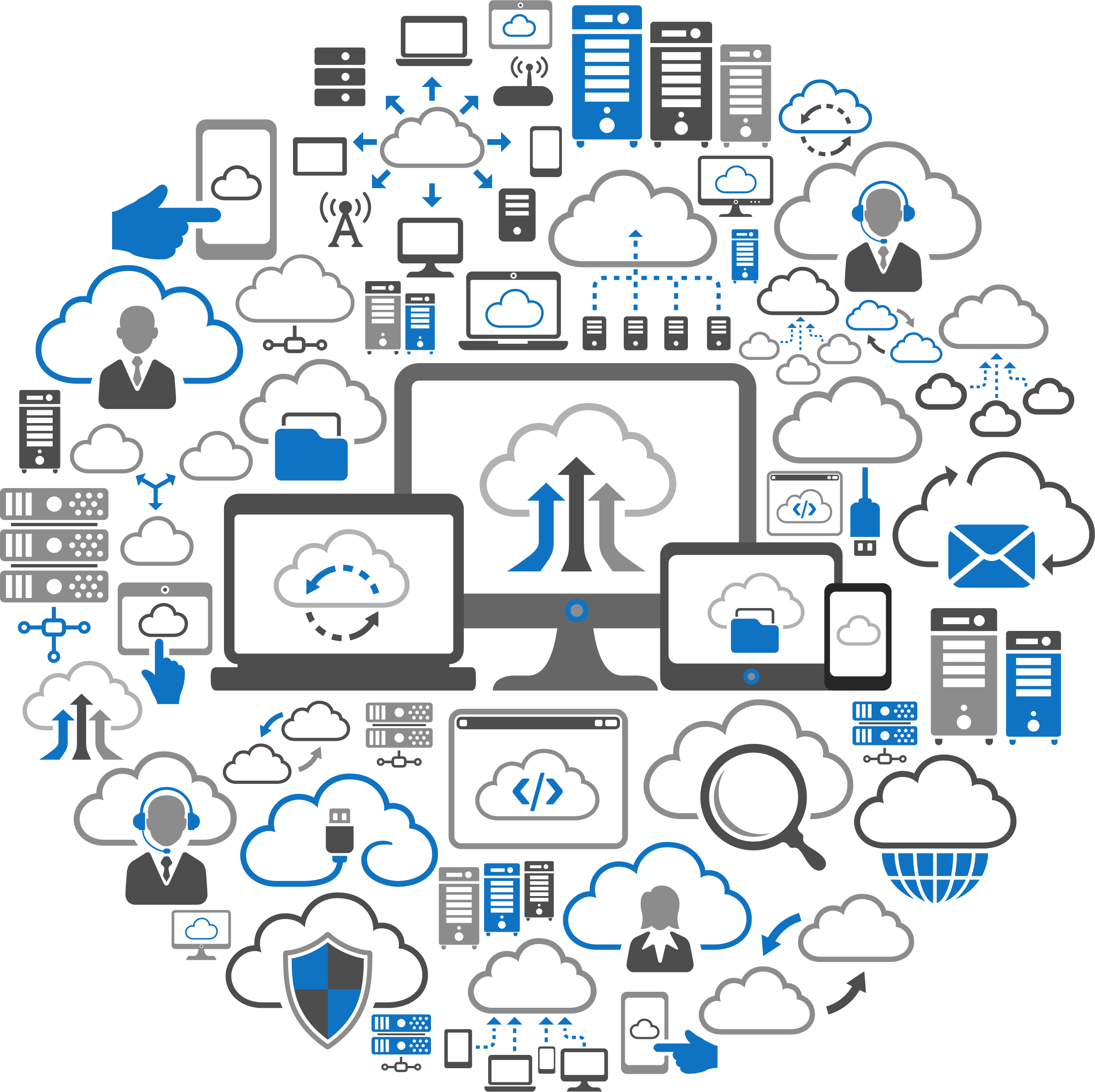
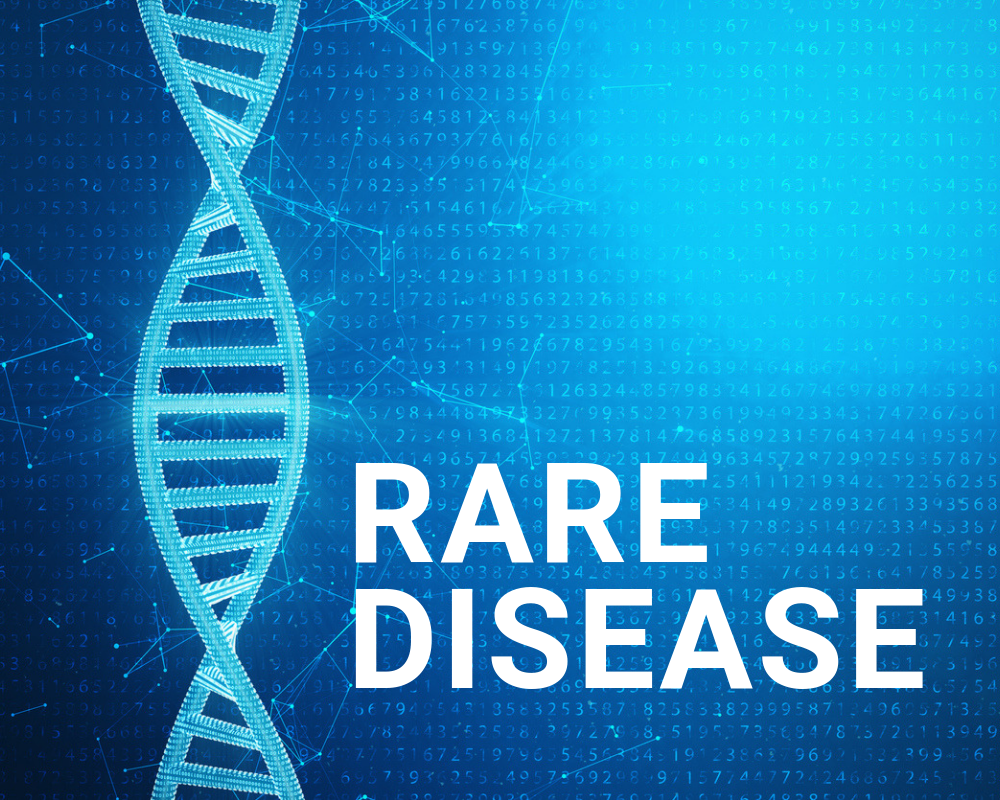
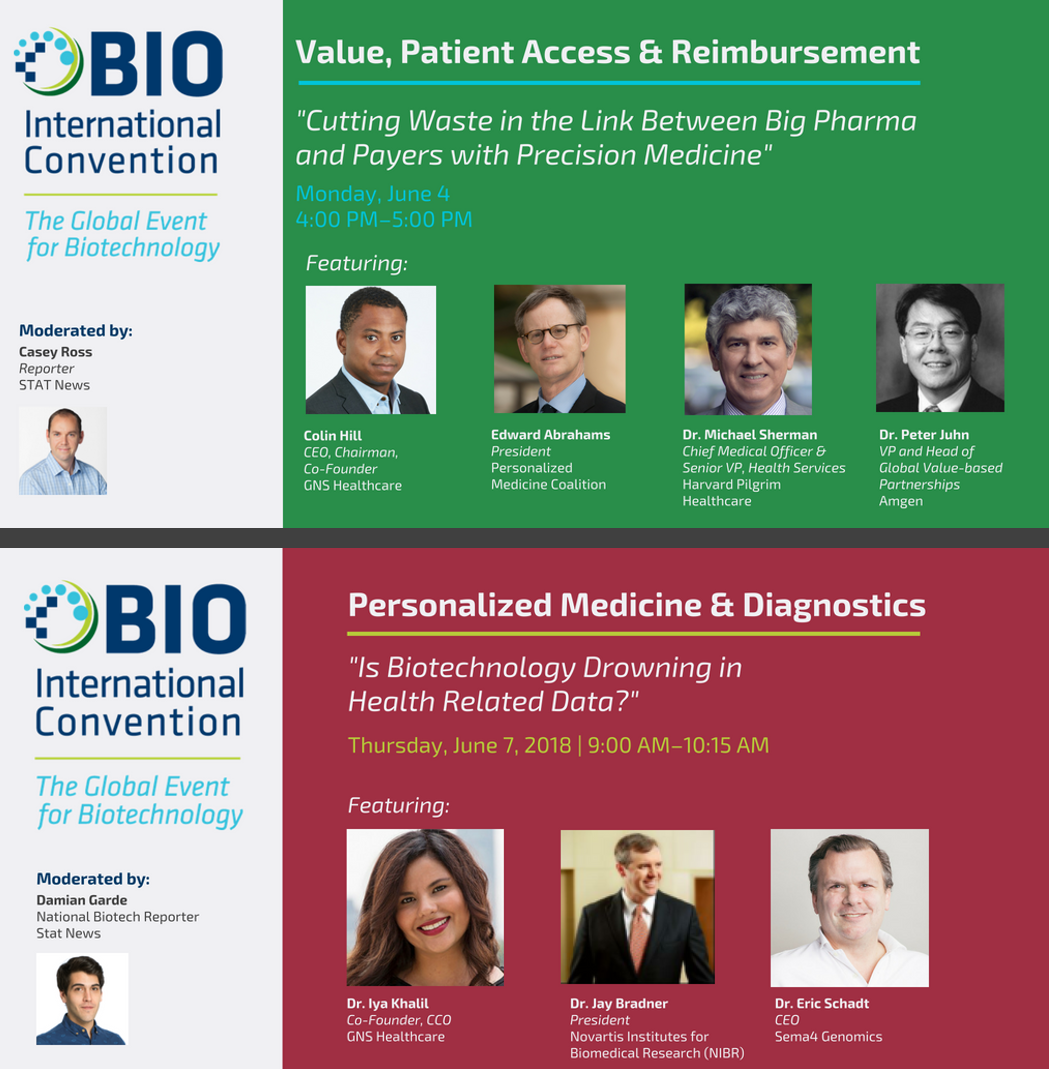
.jpg)

